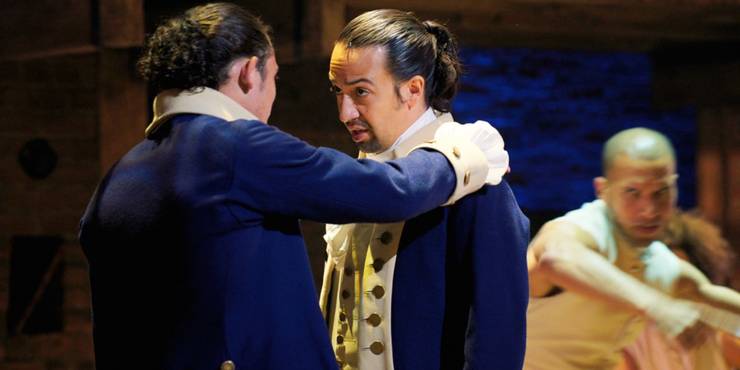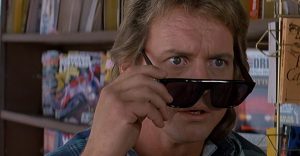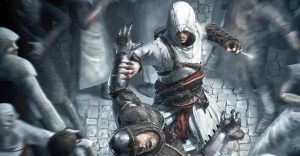Who Was John Laurens? Hamilton’s Anti-Slavery Character Explained

The historical accuracy of Lin-Manuel Miranda’s musical Hamiltonhas been widely debated since its recent release on Disney+, especially regarding slavery, so how much was accurate about John Laurens. Almost every movie, TV show, or stage production based on history takes some creative liberties – and while some viewers understand these choices, others condemn them. Hamilton‘s depiction of slavery and slaveowners has been particularly controversial, with the musical skimming over those aspects of Alexander Hamilton and George Washington’s lives, but it does tackle the subject via Laurens.
Laurens first appears in “My Shot,”the second song of Hamilton, and is dead by the end of Act 1. Hamilton presents Laurens as one of Alexander’s closest friends, as he drapes his arm over his shoulders and cheers at his wedding, while he also seems to be a passionate abolitionist, bringing up his desire to end slavery in multiple songs. But with Hamilton glossing over other characters’ relationships with slavery, how much can audiences trust this depiction of Laurens?
Hamilton True Story: What Did Lin-Manuel Miranda Change?
Hamilton’s portrayal of Laurens is one of the most accurate in the musical, and the real version was just as fiery and passionate as he appears in the production. Laurens served as an aide-de-camp to George Washington, a diplomat to France, and an intelligence officer for General Greene. Here, he joined Hamilton and Marquis de Lafayette in Washington’s “military family” and became known for his bravery. Just like in the musical, Laurens dueled General Charles Lee – but Hamilton brushes over some of the details. Lee’s level of incompetency led to a court-martial, in which he was found guilty after Hamilton and Laurens testified against him. Lee was outraged at the verdict, and while Hamilton mentions his public insults towards Washington, he disparaged Hamilton and Laurens as well. In the duel itself, Laurens didn’t back down as quickly as he does in the musical – Lee’s second and Hamilton had to convince him not to shoot a second time.

Laurens’ intense and daring temperament followed him into his passion for abolitionism. He pushed for slaveowners – including his own father – to free their slaves (via NPS), but found little success. In response, Laurens suggested that slaves could earn their freedom by fighting in the Revolutionary War, just as Hamilton tells audiences. Congress first rejected his proposal, then accepted it on the condition that South Carolina and Georgia agreed. Both colonies adamantly rejected the idea. Despite Laurens’ consistent effort, he never got to lead the “first black Battalion,” he mentions in “My Shot.”
As Hamilton states, Laurens was killed by British soldiers after the war had ended. Laurens had orders to maintain a defensive position against a British foraging party near Charleston, but he pursued the British instead, and their soldiers fatally shot him. In Hamilton, Laurens‘ father writes that his son’s dream of manumission died with him. Fortunately, this statement turned out to be untrue. Laurens’ idea that black battalions should be raised and led by white officers picked up steam in the Union Army during the Civil War. Additionally, Hamilton, Washington, and General Greene were all complimentary of Laurens following his death. Lauren’s legacy is one of honor, bravery, and abolitionism – rendering his portrayal in Hamilton as one of the musical’s most accurate.
More: Hamilton: What The Musical Changes About The Real Alexander Hamilton
About The Author

















